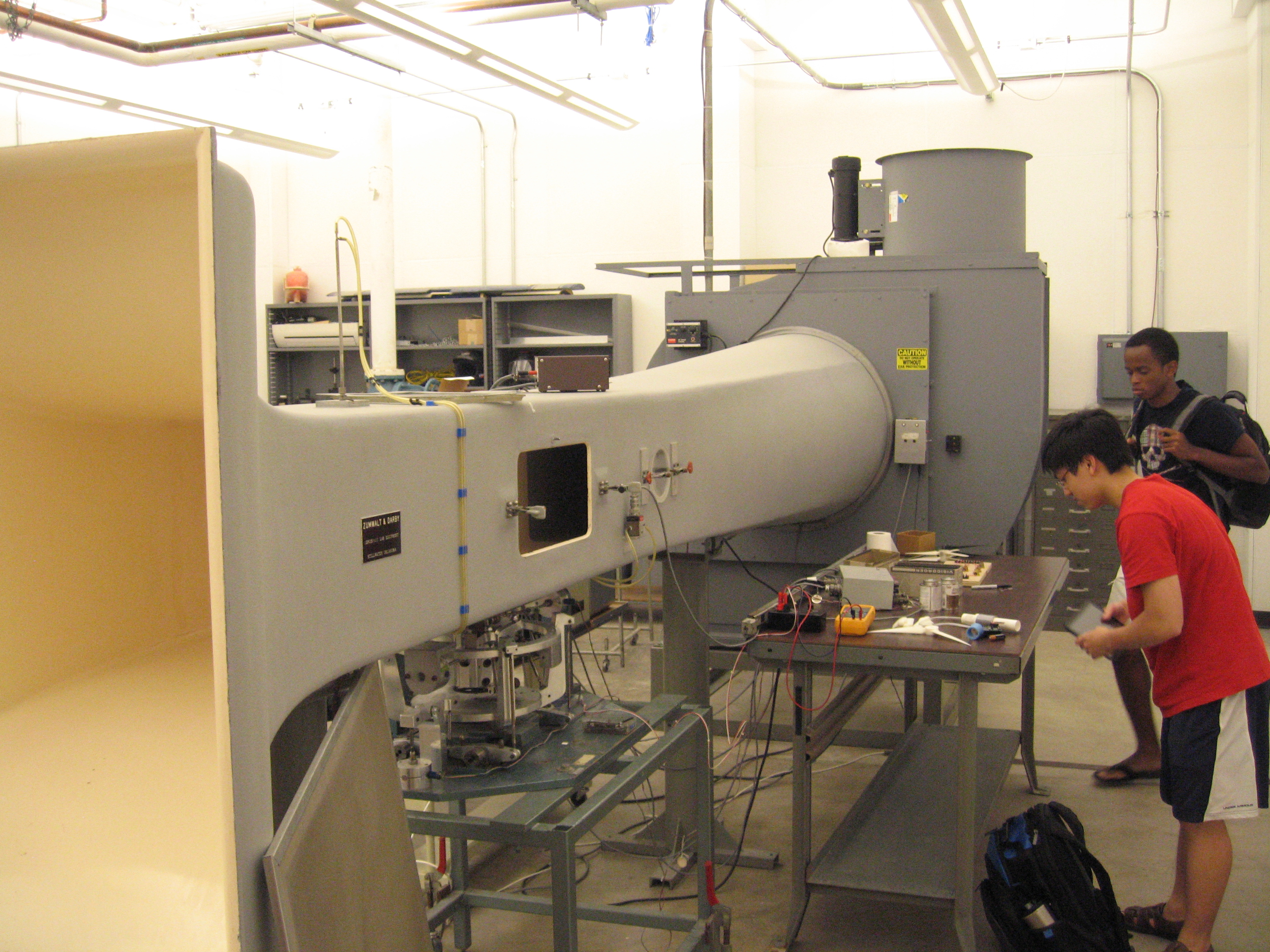2021
“High Resolution, Deep Imaging Using Confocal Time-of-flight Diffuse Optical Tomography” wins the best-paper runner-up at ICCP 2021. This is a collaborative work between Rice ECE and the Department of Biomedical Engineering at New York University.
In one of the first studies of its kind, medical and engineering researchers have shown wearable devices that continuously monitor blood sugar provide new insights into the progression of Type 2 diabetes among at-risk Hispanic/Latino adults.
2020
Third COVID-19 project, Microsoft pandemic preparedness award for “Design and Evaluation of Intelligent Agent Prototypes for Assistance with COVID-19 work and lifestyle disruptions.”
This project aims to develop an intelligent agent for a wide range of workers during the COVID-19 pandemic, to manage both their work- and life-related activities. We will leverage intelligent agents, ubiquitous and affective computing, and machine learning that analyze users’ behavior and emotion, to maintain or even improve their productivity and wellbeing in comparison with work and life outside of the pandemic.
Akane’s team received Microsoft Productivity Research Collaboration grant “Unobtrusive Personalized Work Engagement Assistant”
Team member:
Akane Sano, Rice University
Microsoft lead collaborator: Mary Czerwinski
Second COVID-19 related project, TunesFlow, launched with a grant from Rice COVID-19 Research Funds

Ashok Veeraraghavan has been promoted to Full Professor, starting July 1, 2020
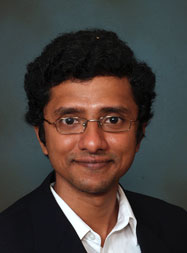
Best Paper Award (Honorable Mention) at ICCP 2020 !
Author:
Chao Liu (CMU), Akash Maity (Rice), Artur Dubrawski (CMU), Ashu Sabharwal (Rice) and Srinivasa Narasimhan (CMU)
Aidan Curtis awarded 2020 Rice Distinction in Research and Creative Work Awards
Rice Scalable Health Labs launched CovidSense.org

PulseCam is featured in news
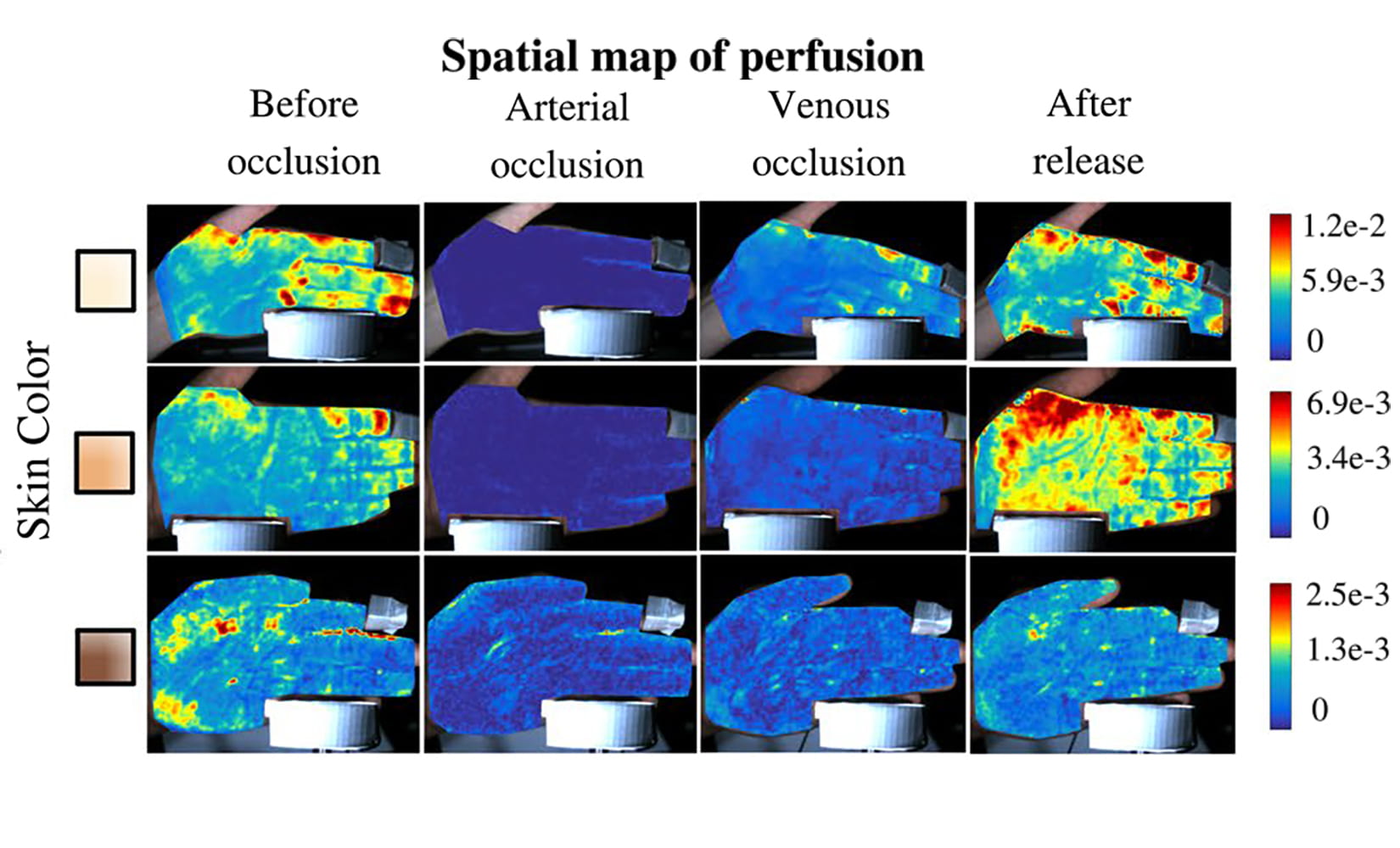
Ashu Sabharwal is now an Earnest Dell Butcher Professor of Engineering
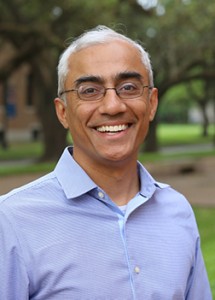
Temi, SH Labs Alum, is featured in Rice News to highlight her research on diabetes management
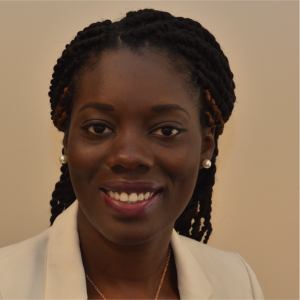
Scalable Health Labs researchers part of two grants from Microsoft Research
2019
CraveSupport received Rice University Institute of Biosciences and Bioengineering: Hamill Innovation Awards

Team members:
Akane Sano (Rice), Ashutosh Sabharwal (Rice), Nidal Moukaddam(Baylor College of Medicine), Ramiro Salas (Baylor College of Medicine)
Luis Victor got NSF NRT Bioelectronics Fellowship. Congratulations!
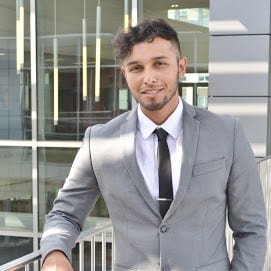
Best Paper Award at IEEE Biomedical Health Informatics 2019 in Chicago!
” Improving Students’ Daily Life Stress Forecasting using LSTM Neural Networks”
Han Yu got 2019 IBB Edgar O’Rear and Mary F.D. Morse Travel Award
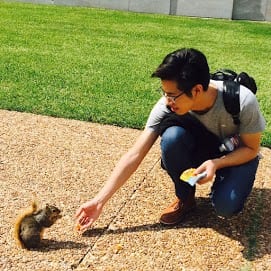
Visualize your heart, a high-school module, developed as part of Summer Research Experiences for Teacher was published in peer-reviewed teachengineering.org. Also chosen as Editor pick
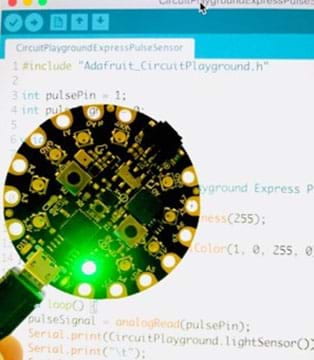
HealthSense, by Aidan, Amruta, Jian, Nidal (BCM) and Ashu, awarded the best community contribution award at ACM MobiCom 2019
Fermat non-line-of-sight imaging, by CMU team (part of “see below the skin“), wins the best paper award at CVPR 2019
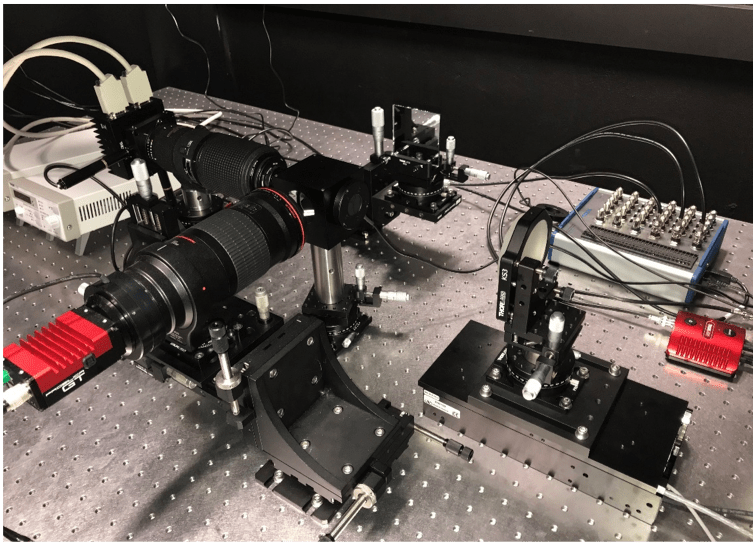
PhaseCam3D, authored by Yicheng,Vivek, Huajin, Aswin (CMU) and Ashok, wins the best poster award at ICCP 2019

There is an increasing need for passive 3D scanning in many applications that have stringent energy constraints. In this paper, we present an approach for single frame, single viewpoint, passive 3D imaging using a phase mask at the aperture plane of a camera. Our approach relies on an end-to-end optimization framework to jointly learn the optimal phase mask and the reconstruction algorithm that allows an accurate estimation of range image from captured data. Using our optimization framework, we design a new phase mask that performs significantly better than existing approaches. We build a prototype by inserting a phase mask fabricated using photolithography into the aperture plane of a conventional camera and show compelling performance in 3D imaging.
2018
Scalable Health Labs is a part of NSF future of work research to develop “An Embodied Intelligent Cognitive Assistant to Enhance Cognitive Performance of Shift Workers”
Team members:
Akane Sano, William Marsh Rice University; Tanzeem Choudhury, Cornell University; Deepak Ganesan and Tauhidur Rahman, University of Massachusetts Amherst
Please find more details of our projects CameraVitals and PulseCam by Dr. Mayank Kumar on Research America!
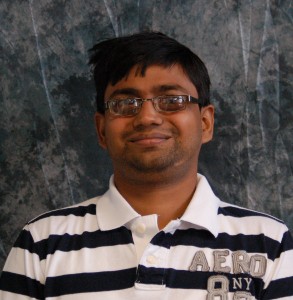
Scalable Health Labs win the NSF Expeditions in Computing !
The team will be developing the wearable & point-of-care microscopes that use on-chip illuminiation and sensing to non-invasively aid the health condition diagnosis and monitoring which require biopsy and blood tests
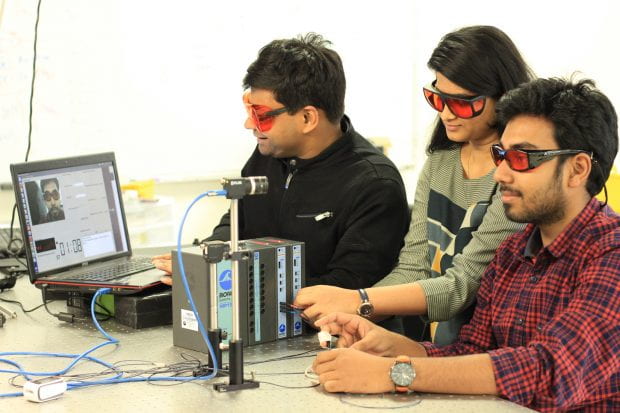
Scalable Health Labs now are part of the NSF ERC project!
Graduate Student Ewa Nowara is awarded the Ken Kennedy Institute Fellowship, Congrats to Ewa!
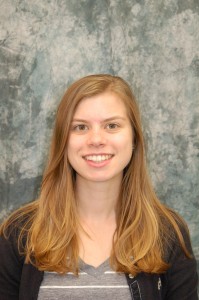
Graduate student Mayank Kumar is featured on Biomedical Optics Express 15 Most Cited Articles List

2017
CameraVitals wins 2017 Hershel M. Rich Innovation Award. Congrats to Mayank, Ashok and Ashu!

Measuring and monitoring any patient’s vital signs is essential for their care. In fact, all care first begins by collecting vital signs like heart rate. The current standard of care is based on monitoring devices that require contact – electrocardiograms, pulse oximeter, blood pressure cuffs, and chest straps. However, contact-based methods have serious limitations for monitoring vital signs of newborns, as they have extremely sensitive skin and most contact-based vital sign monitoring techniques result in skin abrasions, peeling, and damage every time the leads or patches are removed. This could potentially result in infection, increasing the mortality risk to the neonates.
Graduate student Mayank Kumar wins the “Best Graduate Poster Award” for his PulseCam research at 2017 Annual ECE Corporate Affiliates Day

Graduate student Rajoshi Biswas wins “ECE Best Ph.D. Presenter Award” and presented at 2017 Annual ECE Corporate Affiliates Day

The undergrad team of Carl Henderson, Aidan Curtis and Titus Deng won 2nd place for undergraduate research demos at 2017 Annual ECE Corporate Affiliates Day
Ashok Veeraraghavan wins the prestigious NSF CAREER award

Ashok Veeraraghavan has been promoted to Associate Professor with tenure. Congrats !!

Graduate student Rajoshi Biswas’s work is featured on local TV news, WSJ and several other media outlets; see Modeling Aerosol Deposition project page

Graduate student Mayank Kumar is featured on Biomedical Optics Express 15 Most Cited Articles List

Undergraduate student researcher June Chen wins honorable mention in highly competitive 2017 CRA Undergraduate Researcher Award

2016
mobileVision is featured on the Rice website
A self-use retinal imaging system for eye screening
An estimated 61 million adults in the U.S. are at high risk for serious vision loss, but only half visited an eye doctor in the past 12 months[http://www.cdc.gov/vision health/basic_information/fast_facts.htm]. We believe this unmet need can be addressed through comprehensive eye screening. However, conventional retinal cameras are big, bulky, and expensive, which makes them unsuitable for widespread screening applications.

CameraVitals algorithm, distancePPG, is featured on the Rice homepage

Measuring and monitoring any patient’s vital signs is essential for their care. In fact, all care first begins by collecting vital signs like heart rate. The current standard of care is based on monitoring devices that require contact – electrocardiograms, pulse oximeter, blood pressure cuffs, and chest straps. However, contact-based methods have serious limitations for monitoring vital signs of newborns, as they have extremely sensitive skin and most contact-based vital sign monitoring techniques result in skin abrasions, peeling, and damage every time the leads or patches are removed. This could potentially result in infection, increasing the mortality risk to the neonates.
Undergraduate student Peter Washington awarded the Rice Engineering Alumni Association Research Excellence Award and the Rice Engineering Alumni Association Senior Merit Award
CameraVitals team member Mayank Kumar wins a Texas Instruments Graduate Student Fellowship related to his CameraVitals work

Rice and IBM explore Watson-powered robot designed to aid elderly and caregivers, using Rice CameraVitals

Measuring and monitoring any patient’s vital signs is essential for their care. In fact, all care first begins by collecting vital signs like heart rate. The current standard of care is based on monitoring devices that require contact – electrocardiograms, pulse oximeter, blood pressure cuffs, and chest straps. However, contact-based methods have serious limitations for monitoring vital signs of newborns, as they have extremely sensitive skin and most contact-based vital sign monitoring techniques result in skin abrasions, peeling, and damage every time the leads or patches are removed. This could potentially result in infection, increasing the mortality risk to the neonates.
Undergraduate research student Anika Zaman (Digital Gym team member, Fall 2016) is awarded the Chevron Scholarship in Engineering
Undergraduate research student James Grinage (Digital Gym team member, Jan-Dec 2016) is awarded Mellon Mays Fellowship
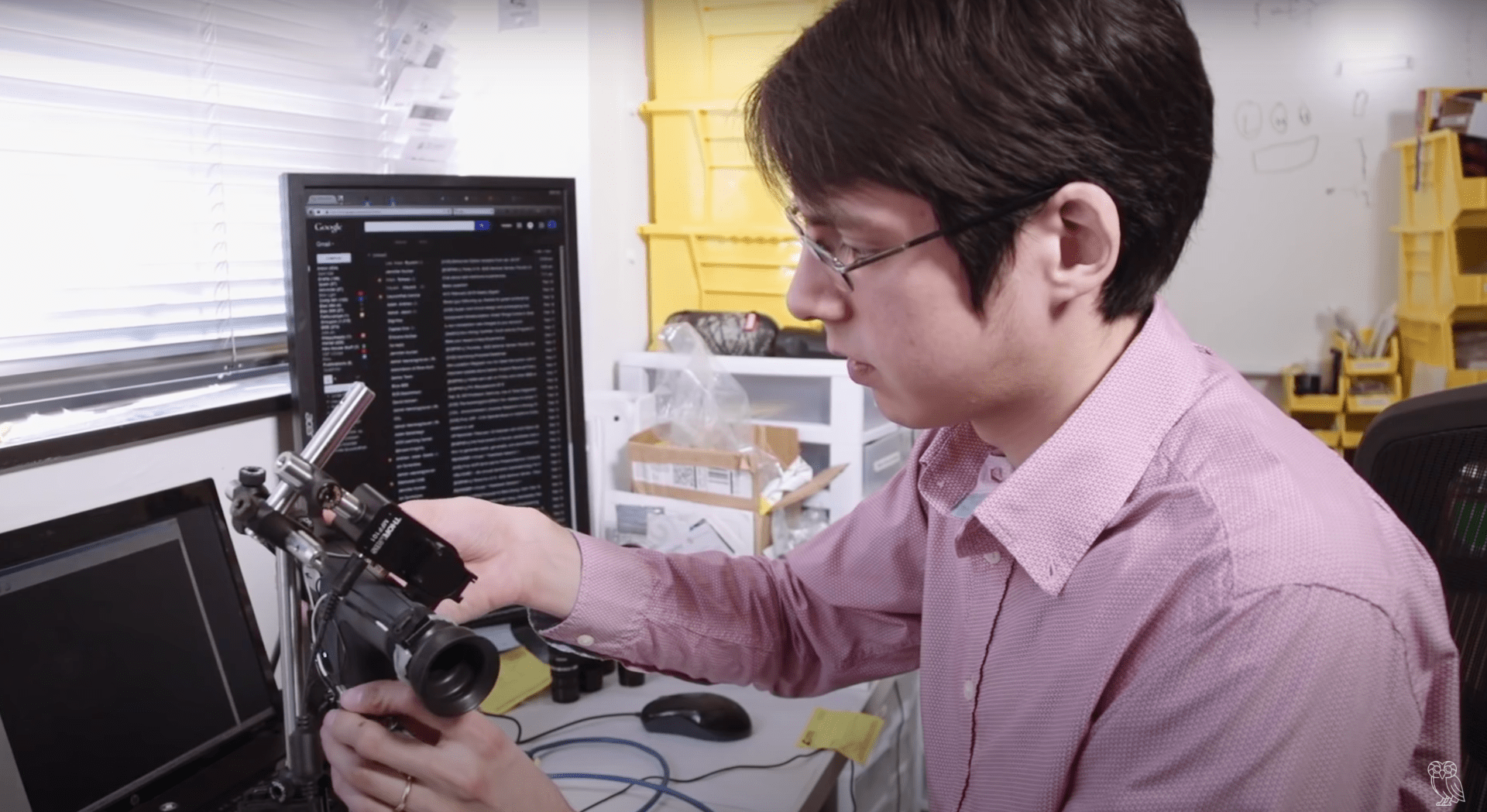
2015
CameraVitals is selected as one of the 8 finalists for Vodafone Wireless Innovation Project. Prof. Sabharwal and Graduate Student Mayank Kumar presented final presentations

2014
Undergraduate student Hasitha Dharmasiri is awarded the Chevron Scholarship in Engineering
Graduate students Rajoshi Biswas and Mayank Kumar win big at the Rice Graduate Student 90-Second Thesis Competition – Rajoshi Biswas, “Best Engineering Presentation”, and Mayank Kumar, “Audience Favorite.”
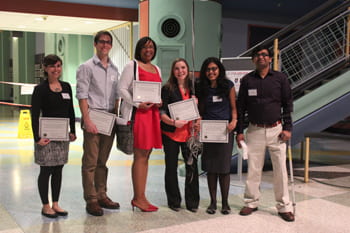
2013
Rice ECE Senior Design students develop VitaLink, an infant monitoring system via tablets, and win the School of Engineering Undergrad Design Showcase award. Prof. Sabharwal was an advisor to the team.
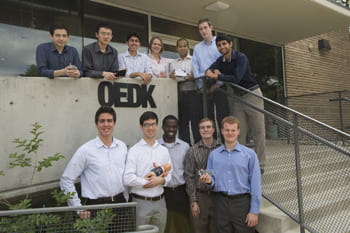
The ideal system for monitoring a baby’s health would be as simple as one, two, three. Three teams of senior engineering students at Rice University are working to do so wirelessly in neonatal wards in the developing world.
2012
mobileSpiro project presented to the US Ambassador to Nigeria
Most current spirometers require an expert technician to ensure correct spirometry. MobileSpiro is the first clinical grade portable spirometer that brings spirometry to masses, by allowing either field nurse or patients themselves to conduct an accurate spirometry.
